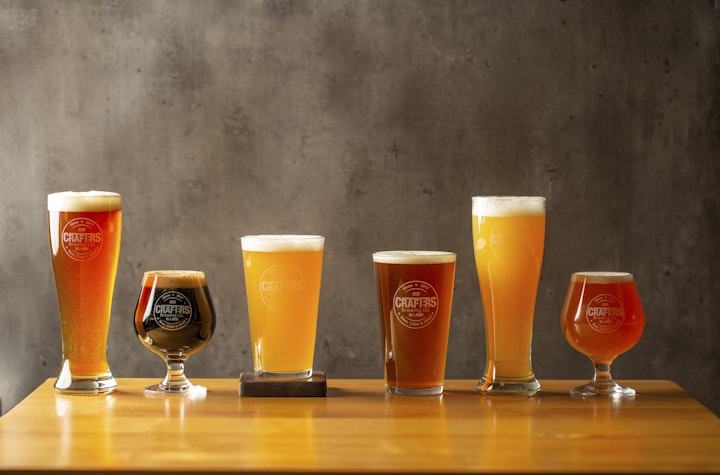The total rate of alcohol-related deaths has increased by 33% over the past three decades and we Americans face the risk of alcohol-related accidents in our lifetime 1 of 3.
According to the Centers for Disease Control (CDC), injuries and deaths caused by drunk drivers can be prevented by the following measures. Alcohol-related accidents each year lead to injury and death; in fact, in the United States a car accident that results in one death every 48 minutes. According to the CDC, drunk driving accounts for one-third of all deaths by accident, equivalent to one death within 50 minutes of driving under the influence of alcohol.
Enforcement of existing rules on blood alcohol content (BAC) 0.08%, minimum drinking age, and zero tolerance laws in all provinces for drivers under the age of 21. Deletion of drunk driving licenses.
Ignition locks, even for first-time offenders, can be installed on cars to measure alcohol in the driver's breath. Alcohol problems and treatment plans can be applied to those arrested for driving under the influence. Use a community-based approach to alcohol control and prevention of DWI.
You need to install a driving lock on your car, and if the device detects alcohol it will prevent you from using your car. The ignition lock is a device connected to the car's ignition to check the alcohol content in the driver's blood. Traction keys require the driver to show blood pressure (BAC) below a certain point (usually 0.2 percent) to start his car.
Refusing to use a car while intoxicated is the first and most important way to protect anyone involved in an accident caused by not being able to drive.
Drunk driving is rampant in the United States - more than a million drivers are arrested for driving under the influence of alcohol each year, and millions more are reported to be driving after drinking. According to the Centers for Disease Control and Prevention (CDC), 29 people die every day in car accidents caused by drunk drivers. While many of the accidents caused by incompetence are the fault of the drunk driver, some do not affect anyone at all.
The most serious and harmful consequences of a DUI arrest or accident are when the driver arrives behind the wheel of an overdrinking vehicle. The best and easiest way to avoid drunk drivers and accidents is to get into a wheelchair after drinking.
If you plan to drink, choose a reliable driver before driving. If you are having a party with alcohol, offer cold drinks and remind guests to call a sober driver.
You can also protect others by removing their keys when trying to drive after drinking alcohol. That is if a friend asks you to drink and drive, get in the car with the disabled driver. Wearing a seat belt is excellent protection for disabled drivers.
Choose a driver who does not drink every time you go out. If you are going to have a drink, choose a driver who does not drink alcohol. If there is no drinking, you should have a designated non-drinking driver.
Do not use a cell phone, do not wear makeup, comb your hair or eat while driving. If your chosen driver has a few drinks at the end, play safely and take a taxi or horse-sharing service. Stop drinking an hour or two before the end of your party to make sure no one is drinking on the go.
Drunk driver deaths have dropped for the third time in the last 30 years, but the chances of falling and falling during their lifetime are still one in three, according to the National Highway Traffic Safety Administration. Motorists using cell phones are four times more likely to be involved in an accident with other drivers.
Since 2006, the number of people killed in drunken-driving accidents has risen to 41% of the number of road deaths. According to the FBI, 1.2 million drivers were arrested in 2013 for driving under the influence of alcohol or drugs. And there have been more than 13,000 deaths of drivers who continue to drink and drive.
By following these tips, you can make the road safer for you and others. Below is a list of our car accident advocates with simple tips to prevent you from drinking and driving and causing a car accident.
As an advocate for drunk drivers and accidents in Richmond, we represent people who have been injured by drunk drivers and people who have lost family members as a result of drunk drivers. As the attorney for the Richmond Drunk Driving and Accident Attorney and personal injury lawyer, we strongly urge you to identify a sane driver or plan another route if you are late to avoid the life-threatening consequences of drunk driving.
According to the Centers for Disease Control and Prevention, approximately 30 people daily die in car accidents in the United States as a result of alcohol-related disability. A total of 421,000 people were injured in accidents involving disturbed drivers over the years. Nearly half of all fatal car accidents cost our nation more than $ 5.2 billion annually.
The data shows that 24 percent of deaths were prevented because no one driving while intoxicated would not have been possible if the driver involved in the accident had not been drunk. In 2018, 18.78% of those killed in alcohol-related accidents were drivers with low levels of alcohol (BACs) ranging from 0.1 to 0.7 g / dL.
Drivers with high blood pressure (BAC) are at high risk for road accidents. In fact, reading 0.11 blood counts is 500 percent more likely to cause an accident than a drunk driver.
About the Creator
Ramesh KC
Hey, there it's me ramesh!






Comments
There are no comments for this story
Be the first to respond and start the conversation.